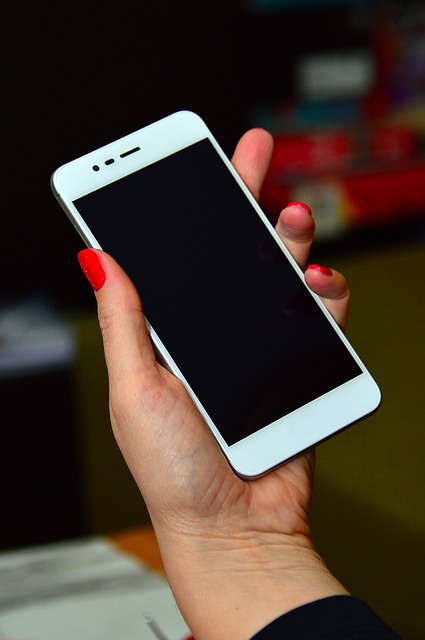Billion Dollar Unicorns: Should Xiaomi List At A $50B+ IPO Valuation?

A few years ago, Xiaomi was the most valued Billion Dollar Unicorn at $46 billion before Uber took away that crown. It now plans to go public this year in what could be the biggest tech float.
Xiaomi’s Journey
Beijing-based Xiaomi was founded in 2010 by a group of eight partners who were led by serial entrepreneur Lei Jun. Lei wanted to set up an organization that could provide superior products at affordable prices. It began operations by launching MIUI, its first Android firmware. Its first smartphone Xiaomi Mi1 was released in August 2011. Through lower priced products and regular online flash sales of its phones, Xiaomi became the leading smartphone player in China by 2014. That run, however, didn’t last long.
In mid-2016, Huawei became the market leader with 17.2% share. Rivals Vivo and Oppo ran aggressive campaigns in small towns and saw astronomical growth, pushing Xiaomi to the fourth spot in the Chinese market.
In response, Xiaomi expanded its product line, geographic reach, and sales channels. It plans to build 1,000 Mi Home stores by 2019 and expects $10 billion of retail sales by 2021.
While Xiaomi is still at the fourth spot in 2017, it nearly doubled its share in the fourth quarter of 2017. According to the latest IDC report on the China smartphone market, Xiaomi accounted for 12.4% of the market in 2017, compared with 8.9% in 2016. The company managed to surpass Apple whose share during the same period fell from 9.6% to 9.3%. Huawei continues to top the market with 20.4% while Oppo and Vivo follow with 18.1% and 15.4%, respectively.
Xiaomi has expanded internationally as well. It has seen tremendous success in the Indian market. It recently sold about 250,000 units of its new Redmi Note 4 within minutes of its online launch. It is reported to have crossed $1 billion in Indian revenue for 2016 and it plans to double its investment in India to $1 billion over the next three to five years. The majority of its revenue comes from mid-range price segment of INR 6000-INR 15,000 (~$100-$250), but it has recently forayed into the premium segment. During the fourth quarter, Xiaomi overtook Samsung as the top smartphone vendor and has about 25% of the Indian smartphone market.
Xiaomi is also focusing on Russia and Indonesia. It is also looking to expand to US, where it currently sells only devices like fitness bands. Globally, Xiaomi shipped 92.4 million smartphones in 2017 and is aiming to ship 100 million smartphones in 2018.
Xiaomi’s Financials
Xiaomi does not disclose detailed financials, but reports suggest that its revenue was over $15 billion in 2017. Profit was at least $1 billion and is expected to double in 2018.
Xiaomi has been venture and debt-funded so far. It has raised $1.4 billion from investors including Digital Sky Technologies, HOPU Investment Management Company, GIC, DST Global, QiMing Venture Partners, and Morningside Group. Its last round of funding was held in December 2014 when it raised $1 billion at a valuation of $45 billion. Prior to the venture funding, they had also raised a loan of $1 billion from a syndicate of 29 global banks.
Xiaomi is reportedly in talks with investment banks for a potential 2018 IPO in Hong Kong with a valuation of $50 billion to $100 billion.
Questions for the Board
Unlike most privately funded unicorns, Xiaomi has shown profitability and solid revenues. But is it enough?
According to IDC, the China smartphone market declined 15.7% in Q4 2017 and 4.9% in 2017. The worldwide shipments on the other hand declined 6.3% in Q4 2017 and 0.1% in 2017.
Although Xiaomi has witnessed some momentum in the recent quarter, will it be able to overcome the challenges of declining demand and increasing competition? Is it a good idea to go public in such circumstances? And the biggest question of all is, will it be able to sustain its valuation in the public market by delivering consistent growth?
Overvalued IPOs have been known to collapse once the growth rate slows down under public scrutiny. What is the right price for this company’s unveiling that won’t cause post-IPO trauma?
Sramana Mitra is the founder of One Million by One Million (1M/1M), a global virtual incubator that aims to help one million entrepreneurs ...
more


